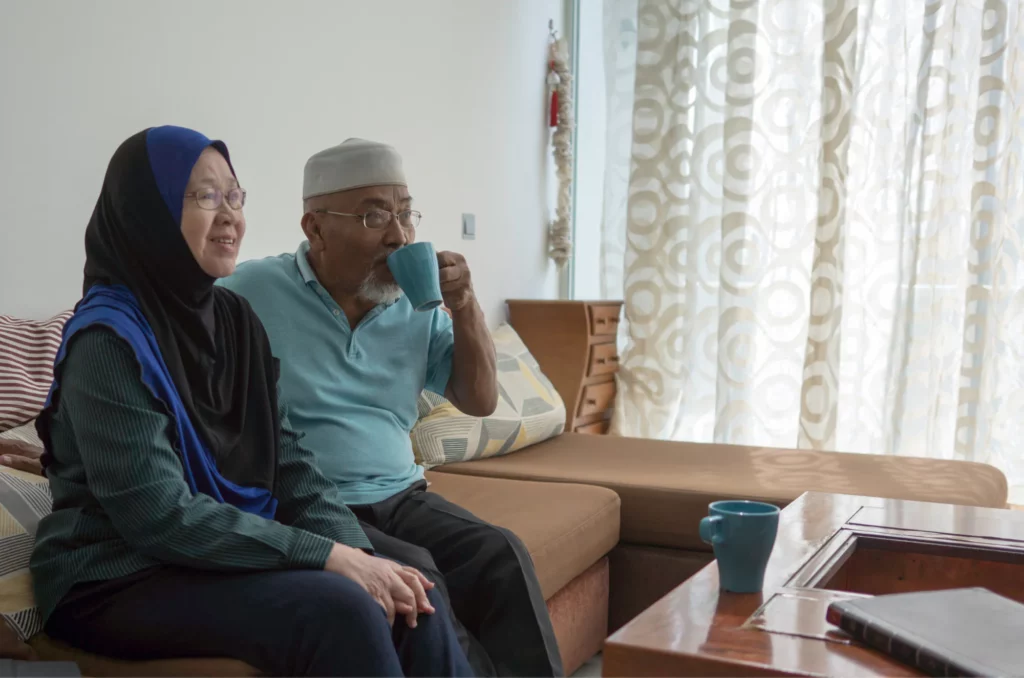
Situation
71% of all deaths in Malaysia are attributed to a chronic disease. Many of those deaths could have potentially been avoided through proper care and treatment. However, many chronic disease patients struggle to adhere to their prescribed treatment, resulting in poor health outcomes, including a substantial worsening of the disease. In Malaysia, financial barriers are often the primary reason a patient does not adhere to their treatment. This is particularly true for higher cost, specialty medications like biologic therapies. Other reasons include not understanding how to administer their medication or how it works after they do, a concern for side effects, among other factors.
Determined to help Malaysians improve their adherence to treatment, a multinational pharmaceutical company approached Axios to design and implement a Patient Support Program (PSP) for a biologic medication to treat several chronic dermatological and rheumatological diseases.
Solution
Axios believes that effective treatment adherence programs are personalized to the needs of individual patients. To design a more effective solution to help patients stay on treatment, Axios turned to its proprietary Patient Needs Assessment Tool (PNAT).
PNAT assesses the risk factors that could lead the patient to stop treatment and helps determine the most effective adherence interventions for that particular patient based on his/her identified risk factors. It was built around the five dimensions of adherence set by the World Health Organization (WHO). It uses a qualitative and semi-quantitative questionnaire to identify and document individual patient risk factors and apprehensions that may lead to poor adherence or discontinuation of treatment. The results are then used to develop a personalized adherence plan targeting these risk factors to support patients in their treatment journey.
In the case of MS patients in Saudi Arabia, in partnership with the Ministry of Health, local MS patient associations and other parties, the following services were made available to improve treatment adherence and improve a patient’s quality of life:
- Educational sessions for patients to increase awareness and knowledge about MS and treatment
- An on-demand support careline to receive and answer patient queries
- Ongoing treatment reminders and follow-up plans
- Patient forums to help empower and motivate patients and caregivers
- Auto-injectors to ease a patient’s injecting process, available upon a patient’s request
Results
The program has shown to be well accepted by physicians and patients alike. More than 75 physicians from 55 hospitals and clinics nationwide have referred patients to the program. In addition, only 5% of enrolled patients have dropped out of the program in two years. As a result, hundreds of patients that may have stopped treatment now continue their treatment as prescribed.

